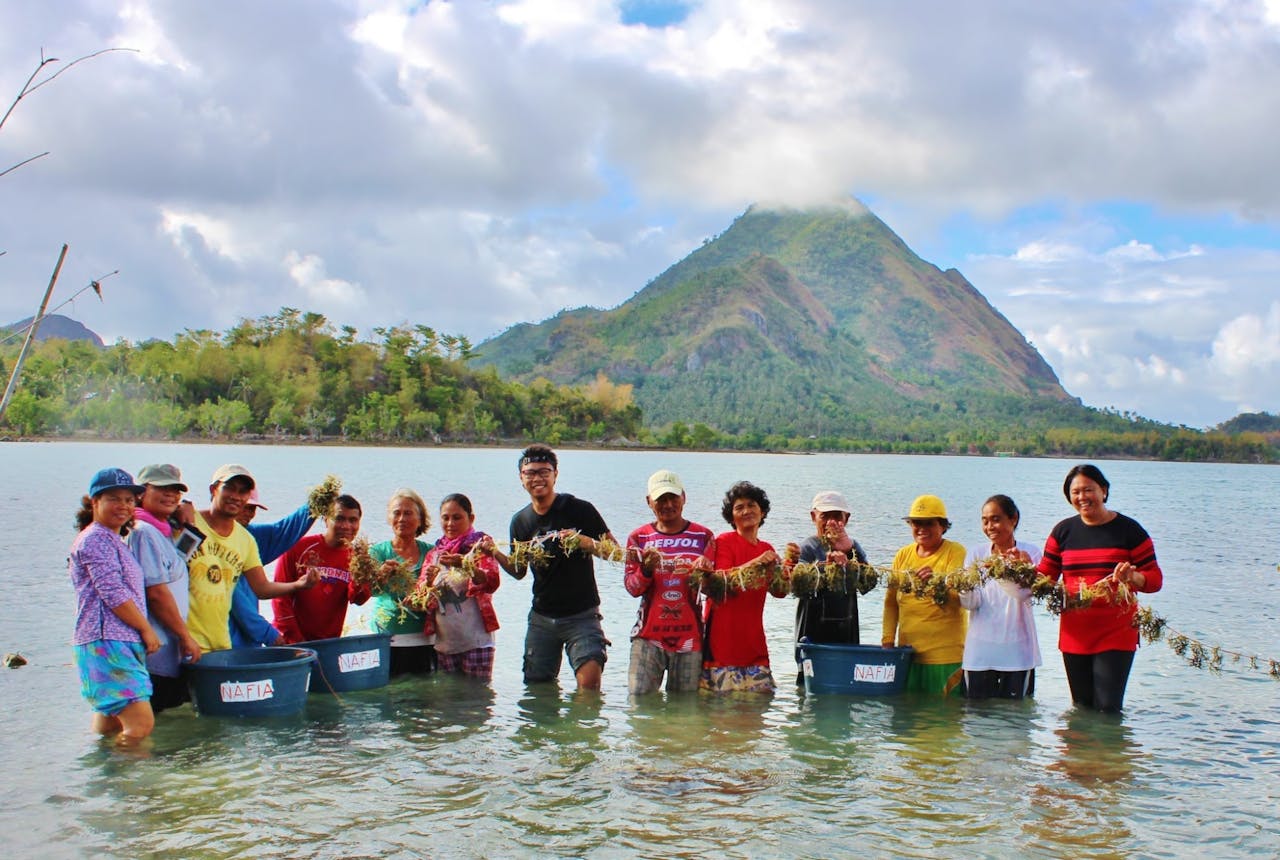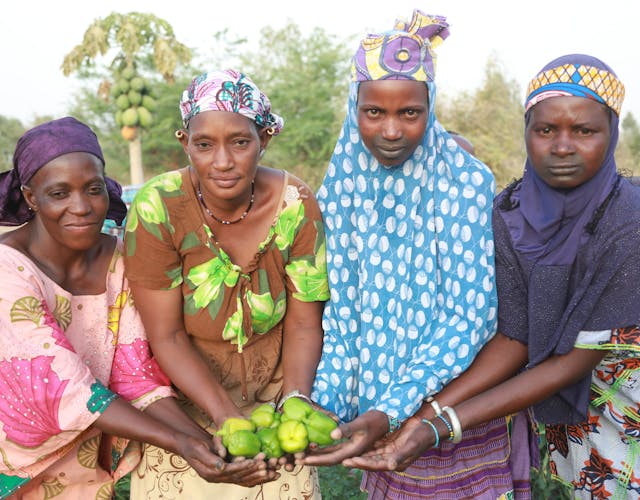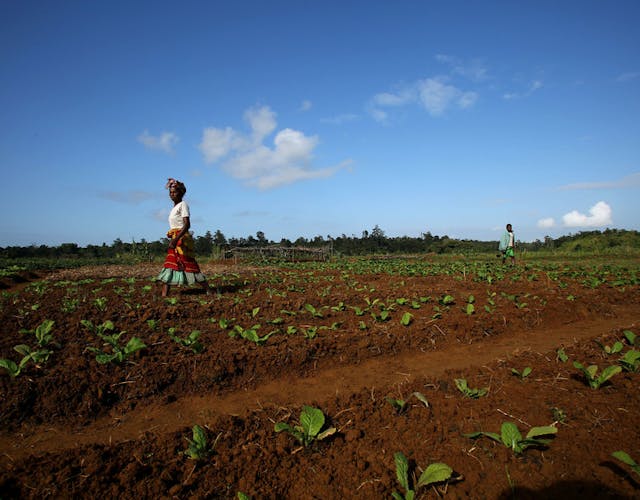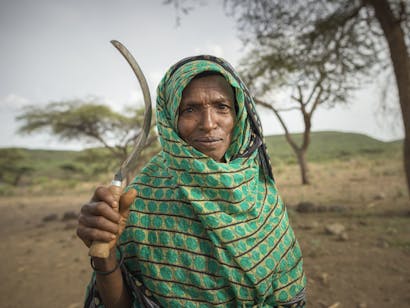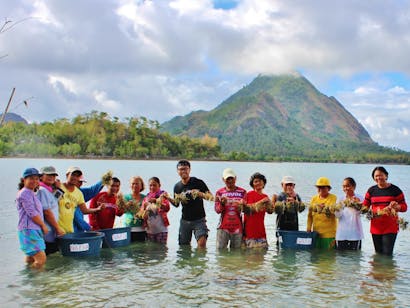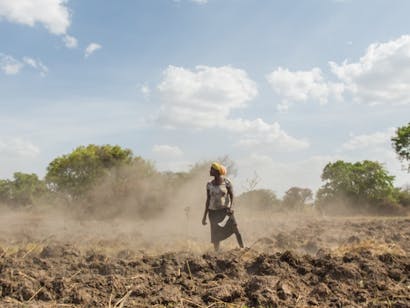What we do
CARE supports communities in becoming more resilient to their changing environment with the aim to reduce inequalities and alleviate poverty. We implement approaches for people to become less vulnerable to climate change and natural hazards, improve their food security and gain a decent income. We also raise awareness of the effects of climate change and try to make sure that governments uphold existing international agreements.
